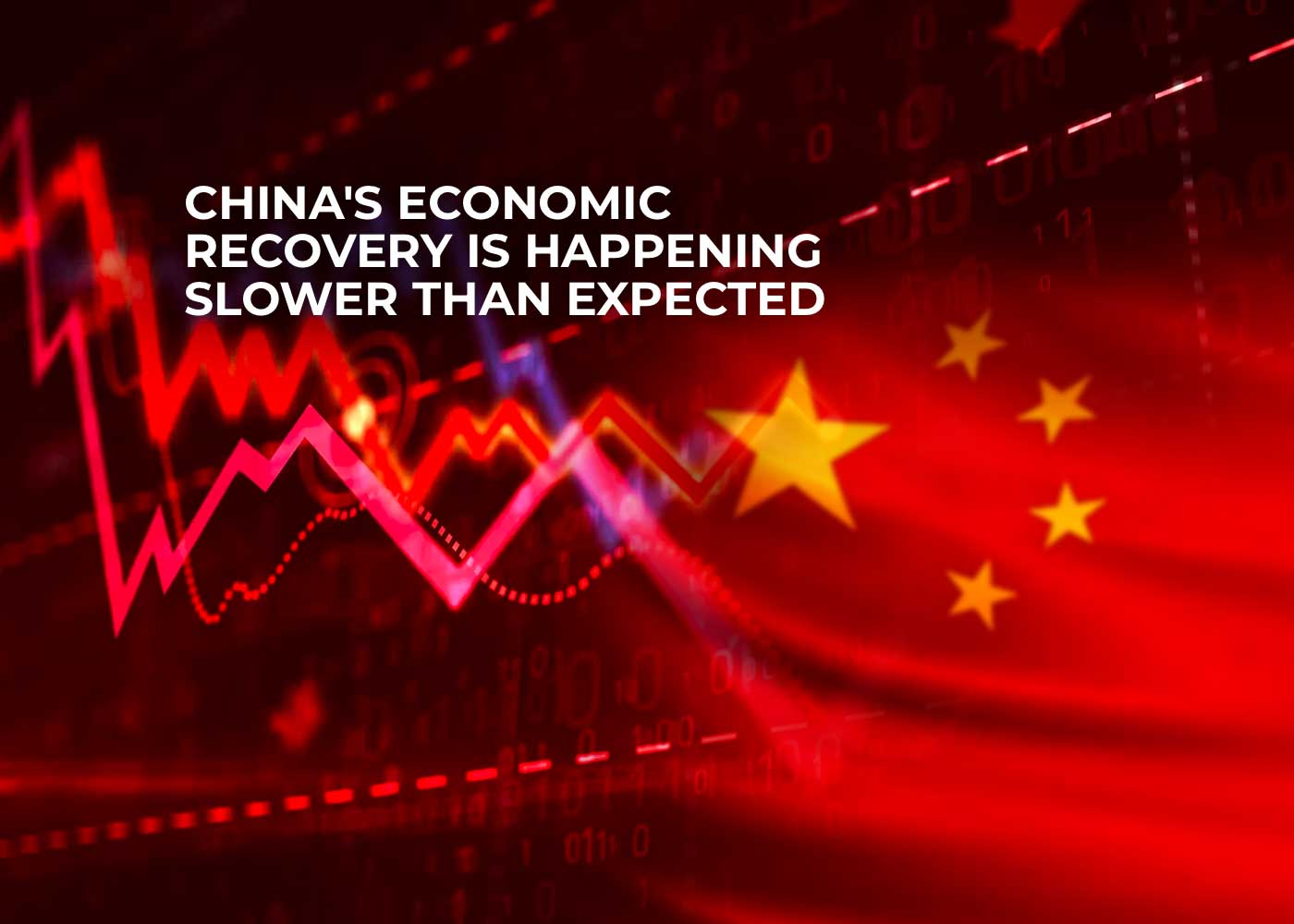
After the conclusion of China‘s biggest holiday this year and the return to school for children, it appears that their economic recovery is modestly underway. Data collected thus far demonstrate that while progress has been made, growth still lags behind what was anticipated following December’s end of Covid controls across mainland China.
Markets Need To Approach Growth Expectations A Little More Cautiously
Official loan data from January indicated a positive year-over-year growth in loans to businesses, yet an unexpected plunge in that of households. Ting Lu, Nomura’s Chief China Economist, underscored this stark contrast between the two sets of figures with his observation on Monday: “The mixed data send a clear message that markets should not be too optimistic about growth this year.”
“These results have far-reaching ramifications for various asset classes and commodity types, making it imperative to observe these high-frequency data closely,” he declared. The Nomura report further asserted that in mid-February 2021 road and subway traffic in cities had returned above pre-pandemic 2019 levels; however, freight transport turnover remained below the same period from last year, which might be slowing China’s economic recovery.
The Housing Market Is Lower Than Expected
New home sales dipped below the prior year’s low, mainly driven by a decrease in mid-size city transactions and influencing building activity. Additionally, demand for mortgages experienced an accelerated decline, with medium- and long-term household loans more adversely impacted than short-term ones.

Zhiwei Zhang, President and Chief Economist at Pinpoint Asset Management, commented on January’s loan data by noting that “the unemployment rate is still high, which continues to keep household confidence weak.” He predicts that although there will be signs of economic recovery in the upcoming months, it won’t be an overnight transition.
China’s Yuan Continues to Depreciate Against Dollar
China‘s National Bureau of Statistics opted not to share retail sales, industrial production, or fixed asset investment data for January, seeing as the Lunar New Year distorted these numbers. Although inflation figures from January were released and portrayed a lukewarm level of demand, consumer prices rose by 2.1% annually, which was slightly lower than what analysts predicted, according to Reuters polls. Besides food and energy, the core CPI saw growth at 1%, indicating that it had recovered since June 2022, when it last experienced this rate increase.
In a demonstration of weakening international demand, the producer price index that records costs in factories decreased by 0.8% annually in January – more than expected by Reuters’ survey results at 0.5%. Additionally, on Monday, China‘s yuan declined to its five-week low against the U.S dollar after South Korea reported an average daily export decrease of 14.5%, taking into account their Lunar New Year holiday period, based on data collected from Reuters.
You may be interested in: The News that Russia Will Reduce Oil Production Caused an Increase in Crude Oil Prices







